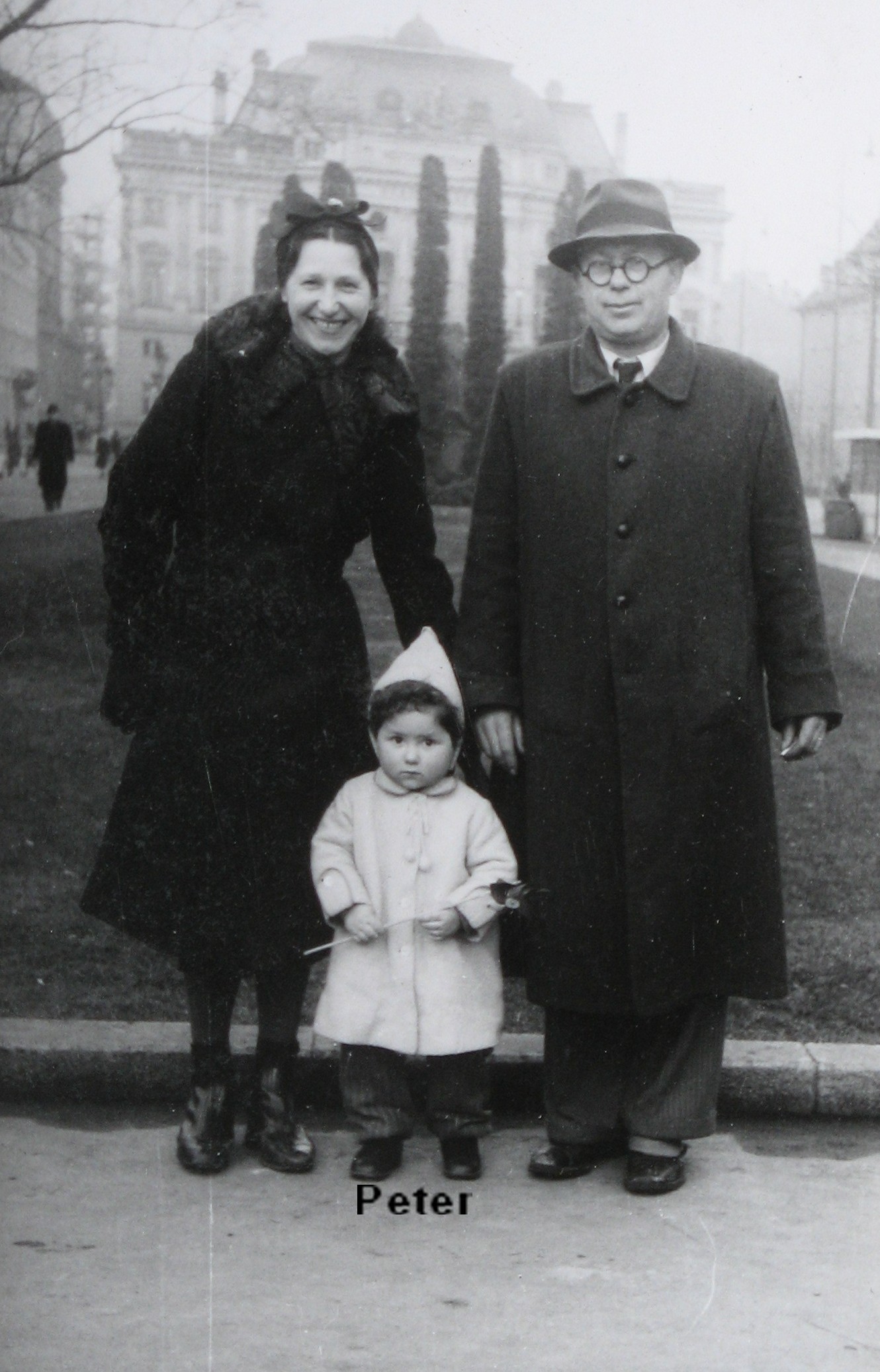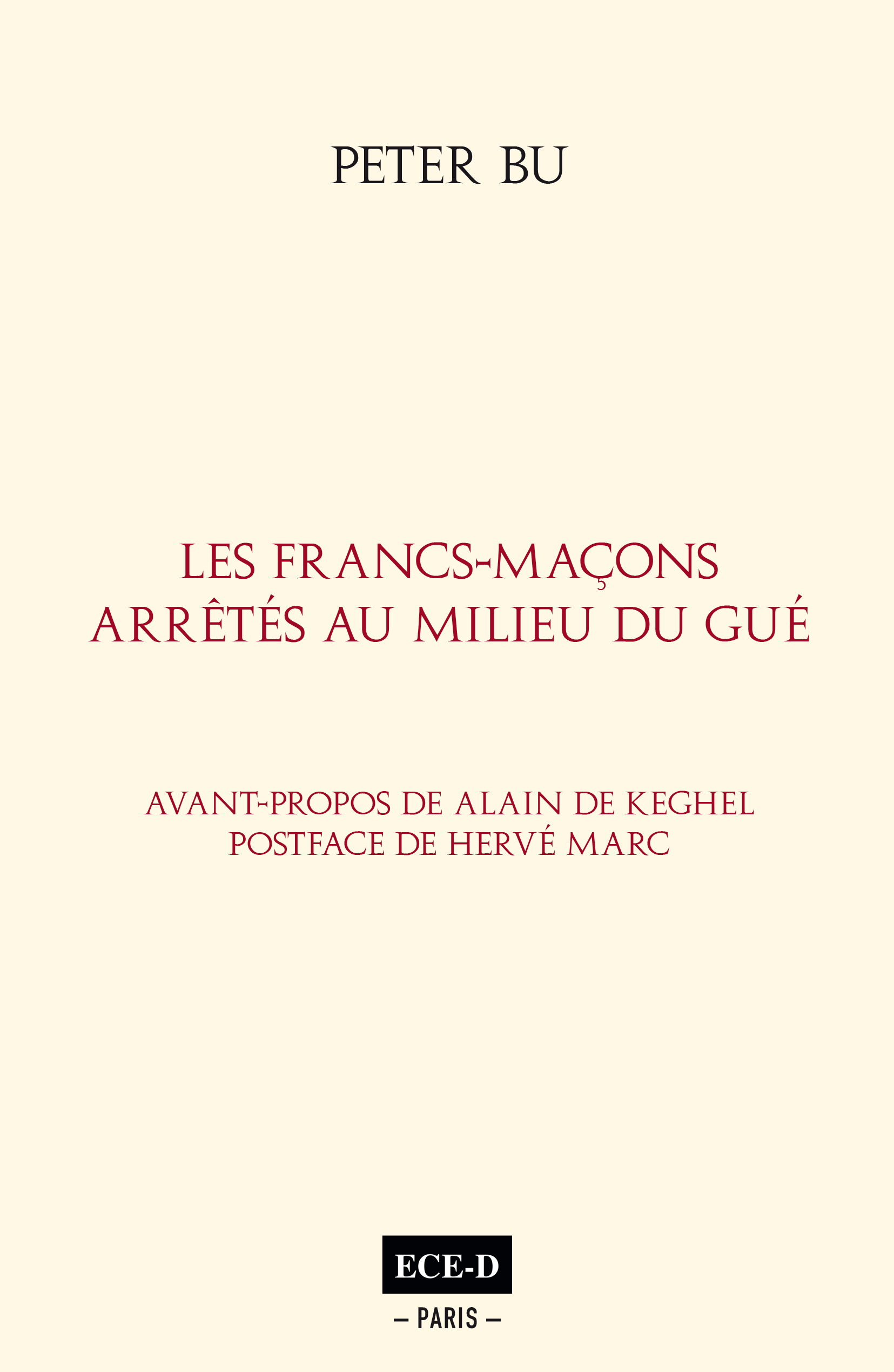|
Stones have no hope of being anything but stones. But when they assemble they become a temple. Saint Exupéry
THE CALL OF BRATISLAVA to unite all Freemasons
|
The Call of Bratislava to unite all FreemasonsModern-day Freemasonry perpetuates ancient initiatory traditions. It was also created to promote the values of freedom of thought and universal brotherhood, while respecting individual differences among men. Anderson's Constitution of 1723, a document revered by all Masonic movements, explains:
We, the Masons, are striving to achieve this ideal. In the name of James Anderson, we are asking our elected leaders to overcome their differences and join together to build a bridge over the gap that has divided Masonic obediences for nearly a century. At this time, we are also voting to create a World Confederation of Masonic Obediences where all will be free, independent fraternal organisations, enjoying equal rights. We, the Freemasons, want to make this a reality.
> For more information click here
A. The Importance of the Confederation Project1. Original purpose and significance of modern Freemasonry
As strong believers in both faith and science, the members of the lodge were not interested in developing an entirely new religion, or creating conflicts with those to which they belonged. Instead, they sought to establish a safe place where they could seek knowledge in total freedom, a place where neither the Church, nor the king, nor anyone else could interfere. All initiation procedures passed on to new members of the society a knowledge of previous generations, including their metaphysical beliefs, as immutable truths both to integrate them and help them to survive. The authors of the Constitution believed that at the moment when civilisation became planetary, knowledge could not and should not be considered absolute. A critical examination of all knowledge accumulated, in the absence of any dogma, was a necessary condition for the liberation of human creativity and the unification of humanity in a common effort.. The world has become so complex that only the combination of all forces gave them – and offers us – hope to meet the challenges of time. With this in mind, all Masonic lodges and obediences should strive for unity while respecting diversity. "A free Mason in a free lodge!" We must close the gap that has divided Freemasonry into two main streams for more than a century: "reserved" (its supporters call it ''mainstream'') and "open" (what they like to refer to as "a-dogmatic")2. Has St. John, particularly appreciated by Freemasons, not written: In my Father's house are many mansions? 2. Freemasonry was born uniteda) Causes of the splitFollowing publication of the Constitution, the Masonic movement rapidly spread throughout Britain, to France, on to America and the rest of the world. Its oldest forms found a new vigour. However, in expanding, it inevitably adapted according to the local contexts. Its fundamentals have remained the same and all Freemasons recognise the Constitution as the basis of their movement. Yet after several decades this evolution has created a split between two main streams of the movement. b) Nature of the splitFreemasonry today is divided into two major streams referred to as "open" and "reserved." While both have the same initiatory goal, consider symbolic thought as highly important, use very similar rites and are organised in the same manner, they communicate very little. To read the opinion of Julian Rees, an eminent member of the United Grand Lodge of England, on this split: Click here c) Stumbling blocksRelations between "open" and ''reserved'' obediences deteriorated in the face of two major stumbling blocks:
These two issues, all-important as they may be, have little to do with the Confederation project as set forth on this site. The goal of this project is neither to convince the obediences to initiate women or to continue not to do so, to welcome women into their Temples or not, nor to settle the question of whether Freemasons must be believers or cannot be. Compared with the Confederation project, these issues, like other conflicts of lesser importance, may remain open. They should not stand in the way of its creation. Everyone believes that obedience "recognized" by UGLE are homogeneous whereas "open" current is diversified. In reality, the United Grand Loge of England (UGLE) which rejects any racism is very different from some North American obediences that do not recognize Prince Hall Grand Lodge, composed of black Americans. Be an atheist does not prohibit to belong to the "regular" lodges in Central Europe, while it seems impossible in United States. Etc. If the "regular" obediences are able to "recognise" each other despite these differences, why could they not do similarly to the "open" obediences?
3. Reunite while respecting differences
a) Objective: Bridging the gapThe goal of the Confederation is certainly not to standardise its membership, much less to create a new "super-obedience". Tipping the scales of relationships between the obediences is not necessary to achieve this goal. What is needed is persuading the two streams' leaders to communicate with each other as Freemasons and allow researchers to study all obediences by participating in their rites work, regardless of their membership affiliation. Doing so will promote mutual understanding and may inspire further comprehension of Masonic practices and theoretical knowledge. Having accepted these two principles, each obedience will continue to operate according to its own traditions and convictions. Each lodge will make its own decisions with regards to visitors by following the rule, discussed below. b) Condition for success: RespectThe Confederation project serves as a call to bridge the gap that divides Masonic movements, and nothing more. The Anderson's Constitutions stemmed from its authors' need for freedom in scientific, philosophical and esoteric research, and represents a tremendous appeal for tolerance. Written in 1723 following several decades of religious wars, it deserves great admiration: A Mason is obliged by his Tenure, to obey the moral law; and if he rightly understands the Art, he will never be a stupid Atheist or an irreligious Libertine. (Note: In the 18th Century, "Libertine'' meant "Ignorant.") But though in ancient times Masons were charged in every country to be of the religion of that country or nation, whatever it was, yet it is now thought more expedient only to oblige them to that religion in which all men agree, leaving their particular Opinions to themselves: that is, to be Good men and True, or Men of Honour and Honesty, by whatever Denomination or Persuasion they may be distinguished; whereby Masonry becomes the Centre of Union and the Means of conciliating true Friendship among persons that must have remained at a perpetual distance. Let us be worthy of our predecessors! Out of respect for our ancestors and future generations of Freemasons, bring the Chain of Union ritual to life: This chain that links us in time and in space, c) Means: Sign The Call of Bratislava to unite all Freemasons:
Prove that one individual can make a difference. Thank you for tour interest and support. Sending you my warmest fraternal greetings. Peter Bu
4. 21st Century paradoxWars have been waged for centuries in the name of faith. Even today, terrorists try to justify their attacks in this way. But since no church excommunicates the others, or closes its doors to believers of other faiths, despite all of these bloody conflicts, the Freemasons could more readily follow this example since they have never carried out fratricidal war. The disagreements between obediences that stemmed from political and religious differences in the late 18th Century became deeper in the 19th Century until being frozen in 1929 in their present-day form. These conflicts contradict the ideals of the founders of modern Freemasonry: "Bring together what is scattered" and the establishment a universal brotherhood of "honest people." Both streams have defined their laws and comply with them, as they should, but haven't they forgotten that any law must be read, commented upon and understood in the concrete terms under which it should be applied? Otherwise, we would have no need for courts, judges, prosecutors and lawyers; only prison guards and executioners would suffice! Churches claim to represent divine law, but nevertheless take into consideration the circumstances in which their believers have broken the law. Any sincere Freemason ought to feel ashamed about the gap between ''mainstream'' and the ''others,'' which dates back a long time to another era. Instead, the world must come together and Freemasons should set the example. To read a statement on this split by Julian Rees, an eminent member of the United Grand Lodge of England, Click here.
|
B) Confederation project
The world is a book and those who do not travel read only one page. Saint Augustin Fear the reader of only one book! Seneca To read the continuation, click here
.......................................................................................... http://modern-freemasonry.com was created to promote the free exchange of ideas on Freemasonry. This free-flow of ideas was prevented by 50,000 contributions that had nothing to do with Freemasonry, wanting only to use this site for advertising. I've cleared all this pollution to enable relevant conversation to resume. Thanks in advance for your thoughts in the FORUM on topics that interest the Freemasons.
|
C. Building unity is essential, great and beautiful
Faced with the challenges confronting humanity,
We, the Freemasons, seek to set the example. To offer the world our ideal of universal brotherhood that binds us in time and space, comes from the past and reaches towards the future. We ask our elected leaders to overcome their differences and build a bridge Uniting our forces to act more effectively, .... A human being is a part of the whole, called by us the 'Universe', a part limited in time and space. He experiences himself, his thoughts and feelings, as something separate from the rest - a kind of optical delusion of his consciousness. This delusion is a kind of prison for us, restricting us to our personal desires and to affection for a few persons nearest to us. Our task must be to free ourselves from this prison by widening our circle of compassion to embrace all living creatures and the whole of nature in its beauty. Albert Einstein For every atom belonging to me as good belongs to you. Walt Whitman
D. Concerns expressed during discussions prior to publication of this project: See the Forum below. |
E. Origin of The Call of Bratislava to reunite all Freemasons
|
G. Documentation 1. Freemasonry: Universal, you say? by Julian Rees (UGLE)
|









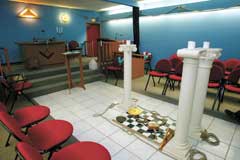
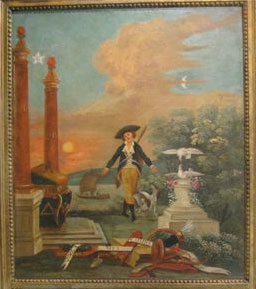 Modern Freemasonry came into being in the early 18th Century during The Age of Enlightenment; arising from the decision of four London lodges to join together. Many of those wise lodge members belonged to the Royal Society of London for the Improvement of Natural Knowledge, founded in 1660 as an Academy of Sciences and Philosophy.
Modern Freemasonry came into being in the early 18th Century during The Age of Enlightenment; arising from the decision of four London lodges to join together. Many of those wise lodge members belonged to the Royal Society of London for the Improvement of Natural Knowledge, founded in 1660 as an Academy of Sciences and Philosophy.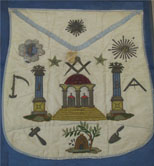 This proposed inter-obedience collaboration aims to achieve:
This proposed inter-obedience collaboration aims to achieve: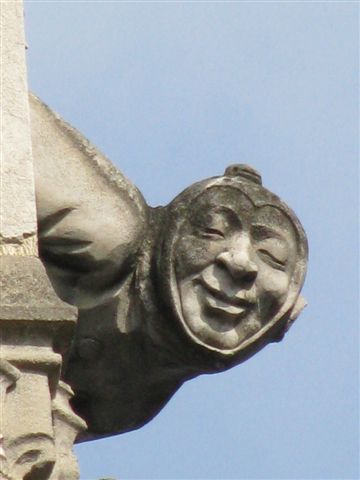
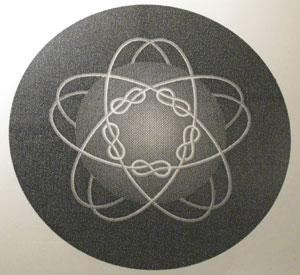
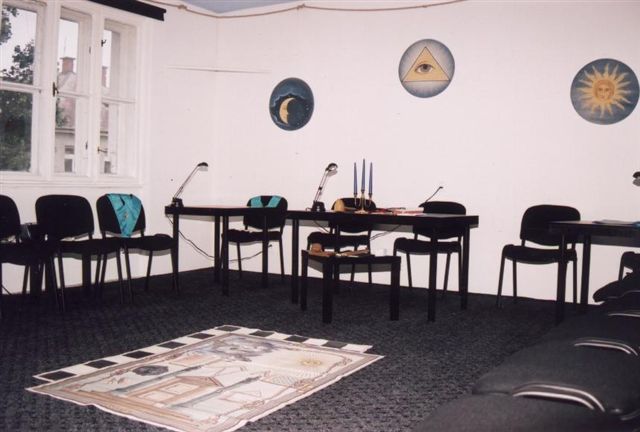 1. History: three phases
1. History: three phases